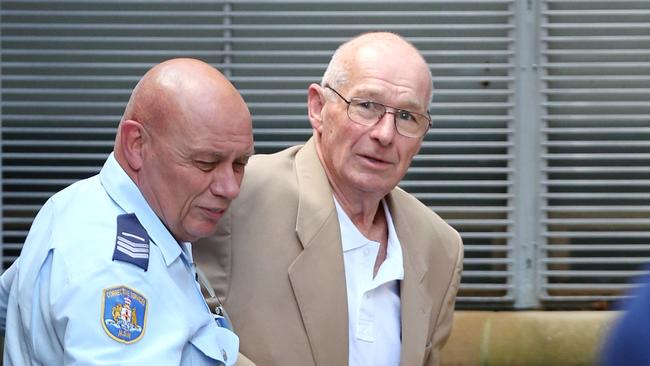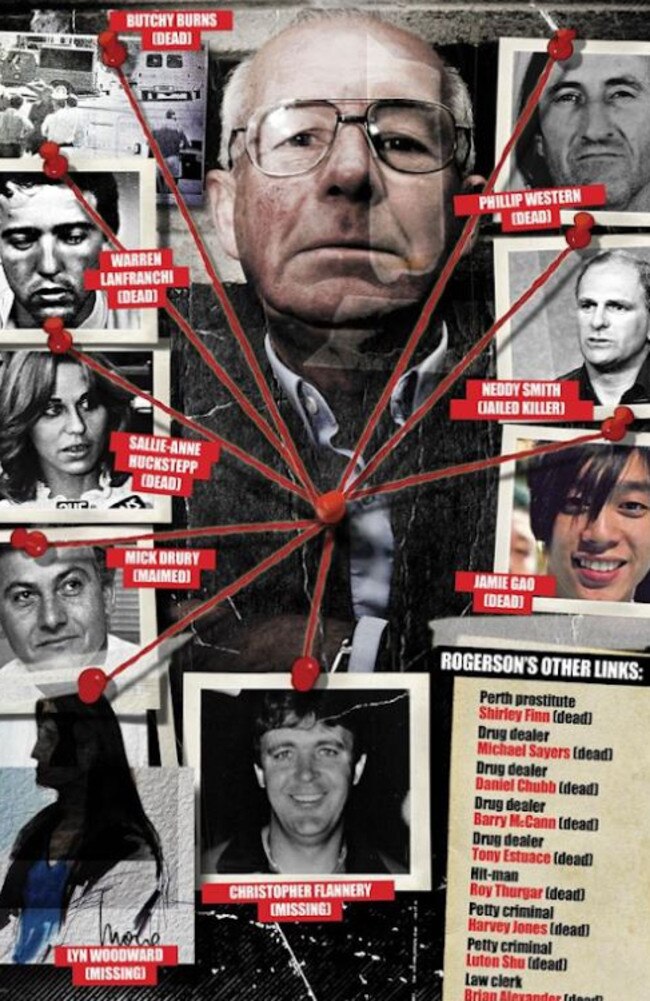Roger Rogerson: Inquest into death of killer cop set down for October
A date for the coronial inquest into the death of disgraced former NSW Police officer Roger Rogerson has been set. Here’s the latest.
Central Sydney
Don't miss out on the headlines from Central Sydney. Followed categories will be added to My News.
The coronial inquest into the death of disgraced former NSW Police officer Roger Rogerson has been set down for later this year after the killer cop died in January.
The 83-year-old was known as one of Australia’s most notorious corrupt police officers and was serving a life sentence for the murder of a 20-year-old drug dealer at the time of his death.
The Daily Telegraph previously reported he died on January 21, days after suffering a brain aneurysm inside his cell at Long Bay jail.
He was rushed to the Prince of Wales Hospital in Randwick, and died about 11.15pm after his life support was switched off days earlier.
A Corrective Services NSW spokesman said authorities investigated all custody deaths, regardless of the circumstances, as a matter of protocol.

Rogerson’s death will be subject to a Coronial Inquest and, at the NSW Coroner’s Court on Tuesday, Magistrate Elizabeth Ryan set down the hearing for October 29.
She said Rogerson’s family “chose not to be here today” with the court hearing about relevant parties organising material in the lead up to the inquest date.
Ms Ryan said “any application” for a non-publication or suppression orders would need to be notified to the crown solicitor’s by September 20.

In his early police career, Rogerson was seen as a brash young detective with The Daily Telegraph reporting his colleagues believed he would become police commissioner one day.
However, he was a serial killer with a badge – a low life crook with the backing of the police force.
Rogerson was feared by Sydney’s criminals after being involved in shooting dead three armed robbers on different occasions in the line of duty.
Before being booted from the police force, he received 13 bravery awards and, in 1980, was a recipient of what is considered to be the highest accolade the force could give – the Peter Mitchell award for outstanding police work.





